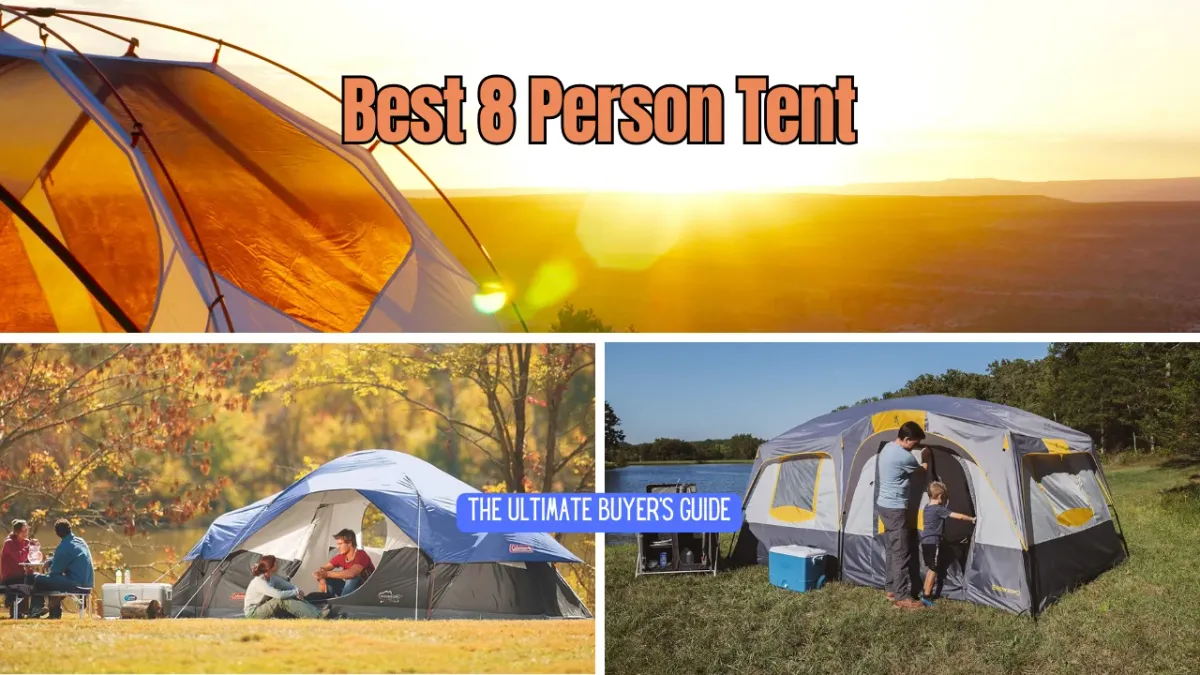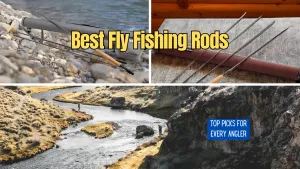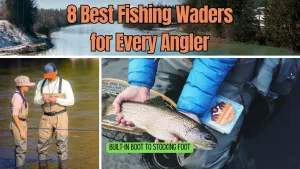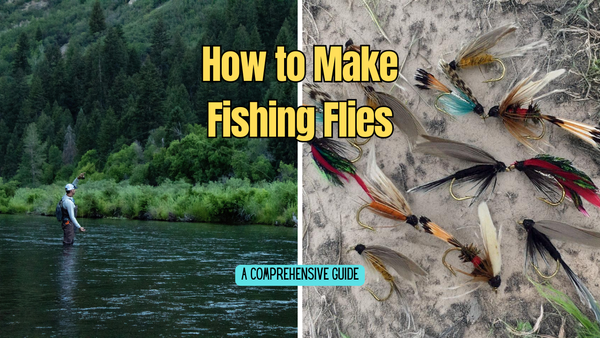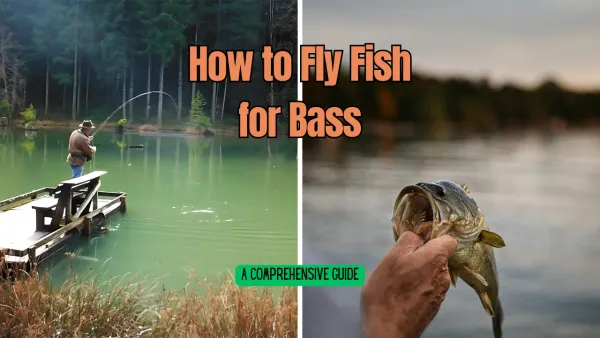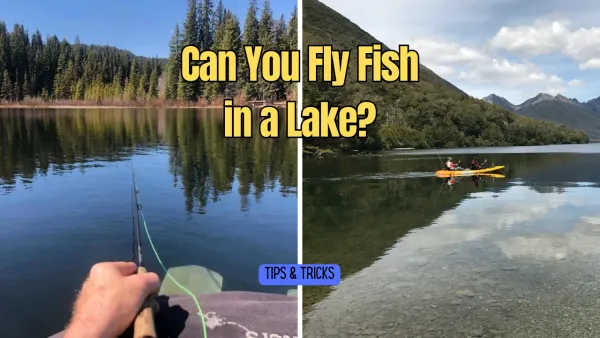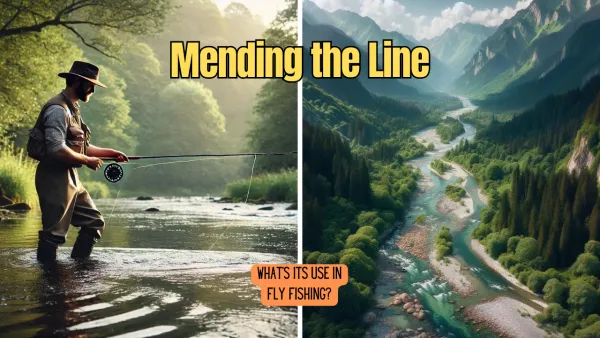Embarking on your first camping adventure can be as thrilling as it is daunting, especially when it comes to selecting the right gear. Among the most crucial pieces of equipment is your shelter: the tent. But with a plethora of options available, how do you choose the best tent for first timers? This comprehensive guide is designed to help you navigate the world of camping tents, ensuring your outdoor experience is nothing short of amazing.
Key Takeaways:
- Learn how to select the best camping tent for first-time campers, focusing on ease of use, comfort, and durability.
- Discover the differences between car camping tents, backpacking tents, and family camping tents to find the perfect match for your adventure.
- Gain insights into tent features such as tent poles, floor space, and weather protection that are essential for a successful camping trip.
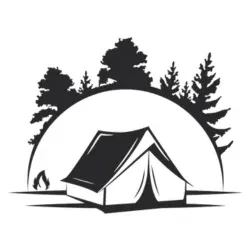
Understanding the Basics of Camping Tents
When you're new to camping, the term 'camping tent' can seem like a simple concept. However, the reality is that tents come in various shapes, sizes, and designs, each suited to different camping scenarios. The best camping tent for a first-timer is one that balances ease of setup, space, and weather resilience. Dome tents, for example, are popular among new campers due to their simple structure and stability. They typically feature a tent body with a cross-pattern of tent poles, creating a spacious interior with near-vertical walls.
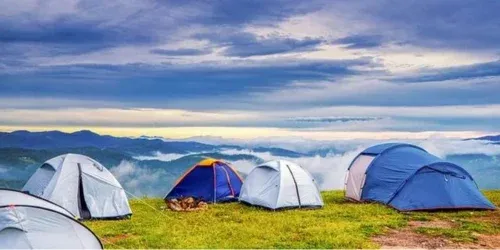
The Importance of Tent Size and Floor Space
Size matters when it comes to selecting your first camping tent. A four-person tent is often recommended for new campers as it provides ample floor space without being overly complicated to set up. This size ensures there's enough room for sleeping pads and personal items while maintaining a cozy atmosphere. Dome-shaped tents excel in maximizing floor space and headroom, making them an excellent choice for those who prioritize comfort and livability.
Car Camping Tents vs. Backpacking Tents
Car camping tents are designed for campers who can drive right up to their campsite. These tents prioritize comfort and space over weight and portability. They often have features like room dividers and large windows, making them akin to a home away from home. On the other hand, backpacking tents are built for hikers who carry their gear over long distances. They are lightweight, with a focus on compactness and weather protection, making them suitable for short backpacking trips.
Choosing Between Dome Tents and Cabin Tents
Dome tents are the go-to for many first-time campers due to their resilience against wind and inclement weather. Their dome-shaped structure and flexible fiberglass or aluminum poles allow them to stand firm in adverse conditions. Cabin tents, with their vertical walls and ample interior space, offer a different experience. They are ideal for family camping tents where living space and the ability to stand upright are priorities.
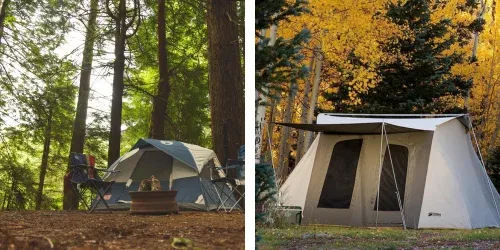
The Evolution of Tent Shapes: From A-Frames to Geodesics
The shape of a tent is not just about aesthetics; it's a critical factor in determining its performance in various conditions. The traditional A-frame tents, once popular among car campers, have given way to more sophisticated designs like dome-shaped tents and geodesic structures. Dome tents are known for their stability and interior space, making them a perfect camping tent for those who prioritize comfort. Their rounded shape allows rain and snow to slide off easily, providing excellent weather protection. Dome tents with near vertical walls offer even more floor space and headroom, which is a boon on family camping trips.
Geodesic tents take the dome tent concept further, with intersecting tent poles that create triangles, resulting in a structure that can withstand severe inclement weather and heavy snow loads. These tents are ideal for mountain hardware enthusiasts and those embarking on winter camping adventures. While they may be on the higher end of the budget, investing in a geodesic tent means securing a solid tent that stands up to the elements. Whether you're looking for a four-person tent or a large tent for a group, the geodesic design is worth considering for its durability and resilience.
The Role of Tent Poles in Your Camping Experience
Tent poles are the skeleton of your camping shelter. Most tents use either fiberglass or aluminum poles. Fiberglass poles are common in budget camping tents due to their lower cost, but they are heavier and less durable than aluminum poles. Aluminum poles, found in premium tent options like the Mountain Hardwear Mineral King, offer a lightweight and sturdy frame that is easy to set up, making them a great choice for first-time campers.
Tent Floor: Your Barrier Against the Elements
The tent floor is your first line of defense against the ground's moisture and cold. A good tent floor should be durable and waterproof. Look for tents with a 'bathtub' design, where the floor material extends a few inches up the side of the tent walls. This design, coupled with a tent footprint, can significantly enhance the tent's ability to keep you dry and comfortable.
Weather Protection: Ensuring a Dry and Safe Shelter
Weather protection is a critical feature of any camping tent. The rain fly is an external cover that protects the tent from rain while allowing for ventilation. A quality tent will have a rain fly that extends all the way to the ground, providing maximum protection. Additionally, tents with a full-coverage rain fly and vestibule space offer extra storage space for gear, keeping it dry and accessible.
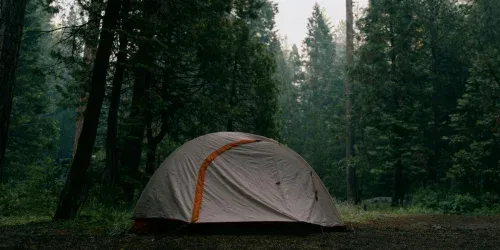
Vestibule Space: More Than Just an Entrance
The vestibule is like a mudroom for your tent. It's the space between the tent door and the rain fly, providing a sheltered area to store boots, backpacks, and other gear. A tent with a generous vestibule space can make a significant difference in keeping the tent's interior clean and organized, which is especially helpful for first-time campers who are still learning to manage their camping gear efficiently.
The Convenience of Instant Tents and Pop-Up Tents
For those who dread the thought of spending precious outdoor time fiddling with tent poles and guy lines, instant tents and pop-up tents are a blessing. These tents can be set up in just a few minutes, thanks to pre-attached poles and a simple unfolding mechanism. While they may not offer the same level of durability as traditional tents, they are a solid tent choice for first-time campers looking for convenience.
Budget Tent Options for First Timers
Starting your camping journey doesn't have to break the bank. There are plenty of budget camping tent options that offer a balance of quality and affordability. Look for tents that are labeled as the best budget camping tent by reputable outdoor gear publications or websites. These tents often have features that are easy to use and durable enough to withstand the occasional camping trip without the premium price tag.
Premium Tents: When to Invest More
As you gain more experience and become more committed to camping, investing in a premium tent might be worth considering. Premium tents often feature higher-quality materials, better weather protection, and more advanced designs. Brands like Snow Peak and Mountain Hardwear offer tents that can handle a wider range of conditions and provide a more comfortable experience, making them a good long-term investment for avid campers.
The Versatility of Tunnel Tents
Tunnel tents are a unique option that can be perfect for first-time campers who need extra space. These tents have a series of hoops that create a tunnel-like structure, providing excellent interior space and headroom. The Snow Peak Alpha Breeze is an example of a tunnel tent that offers a balance of space, comfort, and ease of setup, making it a potential choice for those looking for something a bit different.
Tent Features That Enhance the Camping Experience
When choosing your first camping tent, consider features that can enhance your camping experience. Look for tents with interior pockets for organizing small items, gear lofts for additional storage space, and large doors for easy access. Features like color-coded tent poles and quick-attach rain flies can also make setup a breeze, which is particularly appealing for first-time campers.
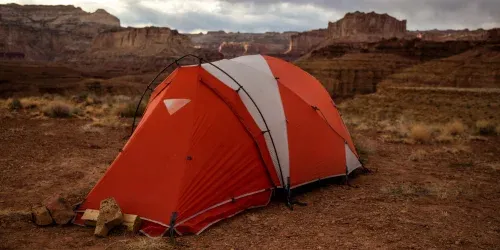
Enhanced Ventilation: A Breath of Fresh Air in Tent Design
When considering what is the best tent for first timers, ventilation should be a top priority. A tent with poor airflow can lead to a stuffy and uncomfortable environment, especially during warmer seasons or in humid climates. Look for camping tents with multiple mesh panels or windows that allow for cross-ventilation. This design feature not only keeps the interior cool but also reduces condensation build-up inside the tent. Dome tents and cabin tents often include roof vents that can be adjusted to control airflow, making them some of the best camping tents for maintaining a comfortable interior climate.
Moreover, advanced tent features like adjustable air vents near the ground can further enhance circulation without letting in unwanted drafts. When setting up your tent, ensure that these vents are not obstructed by gear or pushed against the tent walls. Family camping tents with ample ventilation are particularly important as they house more people, which means more body heat and potential for stuffy air. Whether you're on a short backpacking trip or enjoying a leisurely car camping excursion, a tent that breathes well will contribute significantly to your overall camping experience.
Tent Material and Durability: What to Look For
The tent material plays a significant role in the tent's durability and weather resistance. Most tents are made from synthetic fabrics like nylon or polyester, which are lightweight and water-resistant. Higher-end tents may use ripstop fabrics to prevent tears from spreading. When selecting your tent, ensure that the material is tough enough to withstand the elements and the wear and tear of camping.
The Convenience of Near Vertical Walls in Tents
Tents with near-vertical walls, such as cabin tents, offer the advantage of increased living space and the ability to move around more comfortably inside the tent. This design is particularly beneficial for family tents or groups who may spend more time inside the tent during longer camping trips. The vertical walls also allow for larger windows and doors, which can improve ventilation and the overall camping experience.
Tent Accessories: Extra Tent Stakes and Guy Lines
Tent accessories can make a significant difference in your camping experience. Extra tent stakes and guy lines can provide additional stability in windy conditions, ensuring your tent stays secure. While most tents come with a basic set of stakes, investing in more durable stakes can be a wise choice, especially if you plan to camp in areas with challenging terrain or weather.
Tent Footprints: An Essential Add-On
A tent footprint is a groundsheet that goes under your tent floor, offering extra protection against abrasion and punctures. It also helps keep the tent floor clean and dry. While not always included with the tent, purchasing a footprint that matches your tent's dimensions is a smart move for first-time campers, as it can extend the life of your tent and improve comfort.

Selecting the Right Sleeping Pads for Your Tent
Sleeping pads are an essential component of your camping setup, providing insulation and cushioning from the ground. When choosing sleeping pads, consider the size of your tent floor and the number of occupants. Sleeping pads come in various thicknesses and materials, with some designed specifically for car campers and others for backpackers. The right sleeping pad can make all the difference in getting a good night's sleep in your new tent.
Planning Your Camping Trip: Location and Duration
The location and duration of your camping trip can influence the type of tent you'll need. If you're planning a short trip to a nearby campground, a simple dome tent or pop-up tent may suffice. For longer stays or trips to places with unpredictable weather, like Joshua Tree National Park, a more robust tent with full weather protection and ample storage space may be necessary.
Tent Maintenance and Care
Proper tent maintenance and care are crucial for extending the life of your camping tent. After each trip, clean your tent and allow it to dry completely before storing it to prevent mold and mildew. Check for any damage to the tent material, poles, and zippers, and make repairs as needed. Storing your tent in a cool, dry place will also help preserve its condition for future adventures.
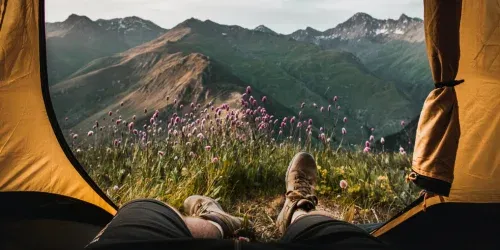
Summary
Choosing the best tent for first timers doesn't have to be overwhelming. By understanding the different types of tents, considering the size and features that suit your needs, and selecting a tent from a reputable brand, you can ensure a comfortable and enjoyable camping experience. Remember to prioritize ease of setup, weather protection, and durability when making your decision. With the right tent, your first camping trip can be the beginning of many outdoor adventures.
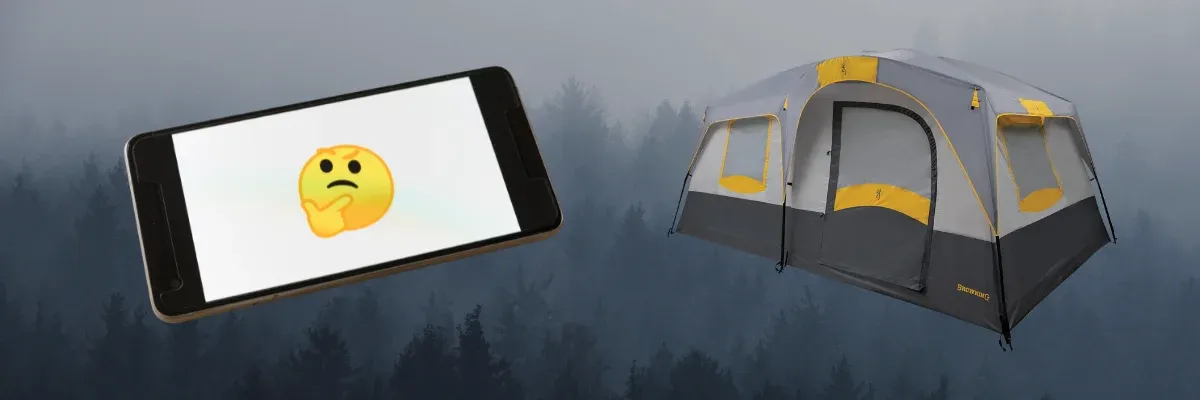
FAQs
What is the best overall camping tent for first-time campers?
The best overall camping tent for first-time campers is one that is easy to set up, offers sufficient floor space, and provides reliable weather protection. Dome tents are often recommended for their balance of these features.
Can I find a quality tent without spending a lot of money?
Yes, there are many budget-friendly tents that offer good quality and durability. Look for tents labeled as the best budget camping tent by trusted outdoor gear reviewers.
How important is the tent's weight for car camping?
For car camping, the weight of the tent is less critical since you won't be carrying it over long distances. Focus more on comfort, space, and ease of setup.
How big of a tent should I get?
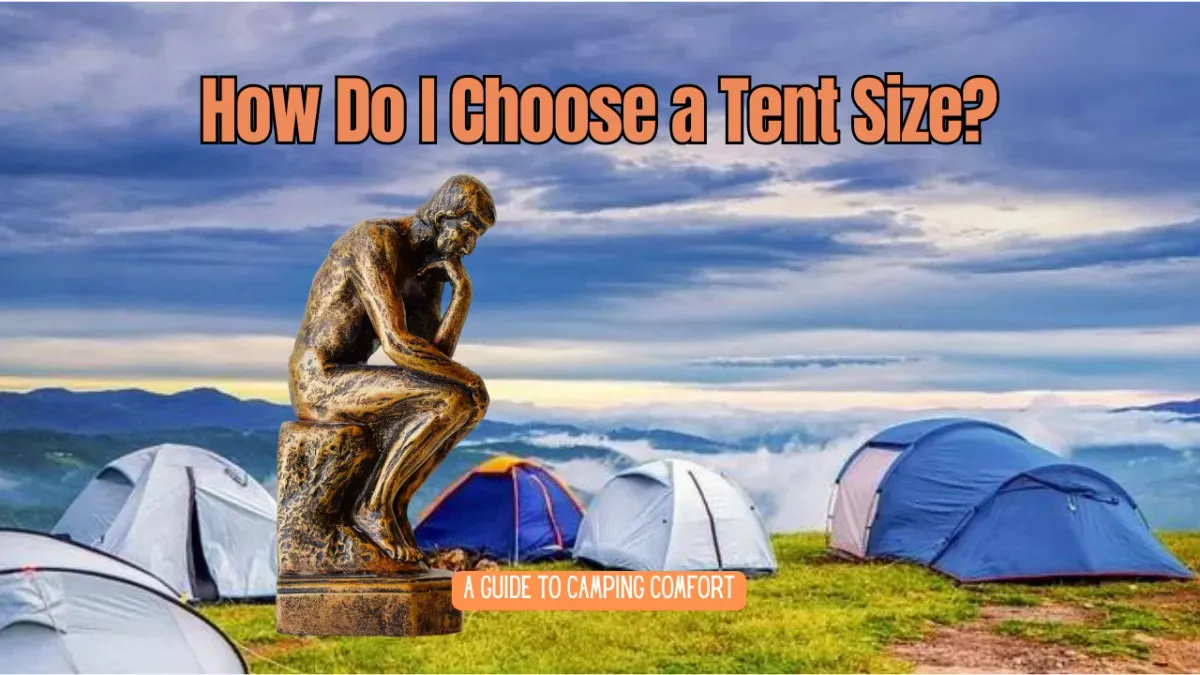
Ready for a tent fit for a family and friends?
